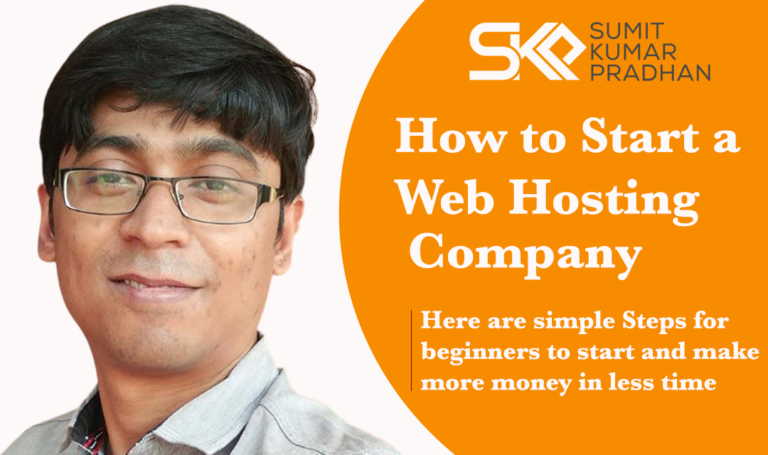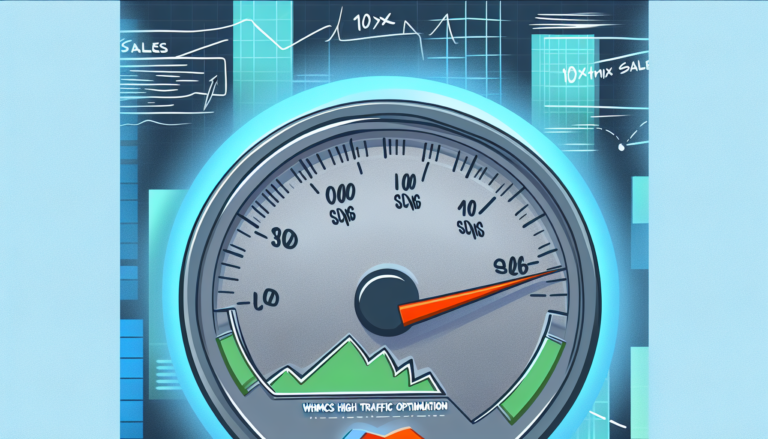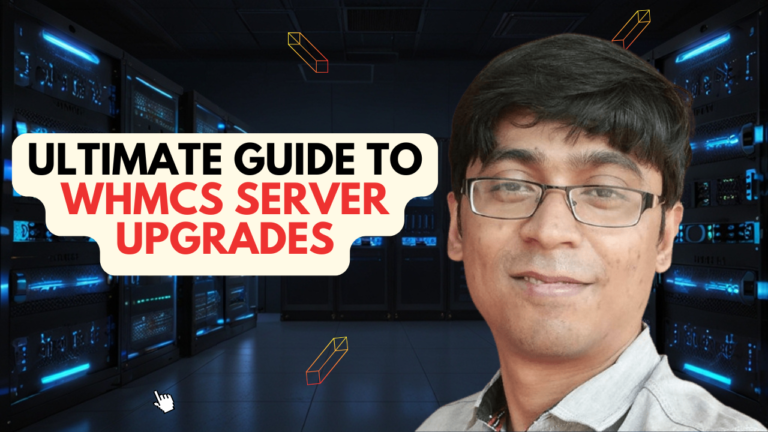Are you tired of waiting for your website to load? You’re not alone. In today's fast-paced digital world, every second counts.
Choosing the right web hosting provider can make or break your site’s speed, and that directly impacts your SEO, user experience, and conversions.
But with so many options, how do you find the fastest web hosting without getting lost in the technical details?
This guide will walk you through selecting the perfect web host that guarantees lightning-fast load times, ensuring your site stays ahead of the competition.
TL;DR: Discover how to choose the fastest web hosting provider to boost your website’s speed, SEO, and user experience.
Understanding the Factors That Affect Website Load Times
Choosing the right hosting service can have a huge impact on your website's load speed. Let's break down the key factors that influence how quickly your site loads.
Server Location
The physical location of your web hosting service‘s servers matters more than you might think.
The closer your server is to your audience, the faster your website will load for them.
This is because data has to travel a shorter distance, reducing something called “latency,” which is the delay before a transfer of data begins.
So, if your audience is mostly in the U.S., it’s smart to choose a server based there.
Server Resources and Specifications
The resources your server uses—like CPU, RAM, and storage—are crucial. Think of the CPU as the brain, RAM as the short-term memory, and storage as the long-term memory.
More CPU and RAM mean your site can handle more visitors at once without slowing down.
SSD (Solid State Drive) storage is much faster than older HDD (Hard Disk Drive) storage, so choosing SSD will boost your load speed.
Depending on your needs, you can go for shared hosting (less power, shared with others), VPS (more power, semi-private), or dedicated hosting (maximum power, fully private).
Content Delivery Network (CDN) Integration
A Content Delivery Network (CDN) is like a global network of servers that delivers your site’s content faster to users around the world.
When you use a CDN, your content is stored on multiple servers across the globe.
This means no matter where your visitors are, they can access your site quickly because the data doesn’t have to travel far.
Bandwidth and Data Transfer Limits
Bandwidth is like a highway, and data is the traffic.
If your hosting service offers limited bandwidth, your website could slow down when too many people visit at once.
That’s why it’s important to choose a plan with enough bandwidth to keep your site running smoothly, even during high traffic times.
Key Features to Look for in a fastest Web Hosting Provider
When choosing a web hosting service, it’s important to focus on features that ensure your website runs smoothly and quickly. Here are the key features to look for:
High-Performance Servers
Your website’s speed relies heavily on the quality of the servers provided by your web hosting service.
Modern, high-performance servers are designed to handle multiple tasks quickly, which means faster load times for your site.
When comparing hosts, ask about the server hardware they use. Look for servers with powerful CPUs, plenty of RAM, and the latest technology to ensure your site doesn’t lag, especially if you’re running a WordPress site.
SSD Storage
Storage is where your website’s data is kept. SSD (Solid State Drive) storage is much faster than traditional HDD (Hard Disk Drive) storage because it has no moving parts.
This means data is retrieved quickly, which helps speed up your website. When selecting a web hosting service, choose one that offers SSD storage to ensure faster data retrieval and better overall performance.
Content Delivery Network (CDN)
A Content Delivery Network (CDN) helps your site load quickly for visitors, no matter where they are in the world.
CDNs store copies of your website on multiple servers globally, so users can access the closest server to them.
Make sure your hosting provider offers easy CDN integration or has a built-in CDN service, especially if you’re using cloud hosting for better performance and scalability.
Guaranteed Resources
When using VPS or dedicated hosting plans, it’s important to have guaranteed resources.
This means the CPU, RAM, and storage you’re paying for are always available to you, ensuring consistent performance.
Without dedicated resources, your site might slow down during peak traffic times.
Reliable Uptime Guarantees
Uptime is the amount of time your website is accessible to users.
If your site is down, it won’t load, leading to lost visitors and potential revenue.
Look for a web hosting service that offers at least 99.9% uptime, which means your site will be available almost all the time, helping maintain fast load times and a positive user experience.
Evaluating Hosting Provider Performance
Choosing the right WordPress hosting provider in 2024 means doing some homework to ensure you're getting the best performance. Here’s how to evaluate their performance:
Check for Independent Performance Reviews
Start by looking at third-party reviews and benchmarks.
These reviews often test different WordPresshosting providers to see how they perform under various conditions.
Pay close attention to metrics like TTFB (Time to First Byte), which measures how quickly a server responds to a request.
A low TTFB means faster load times.
Use Testing Tools to Assess Speed
You can also use tools like GTmetrix, Pingdom, and Google PageSpeed Insights to test the speed of different hosting providers.
These tools analyze your website and give you a breakdown of what's working and what’s slowing it down.
Look for fast load times, effective cache use, and high scores in their reports.
Ask About Server Response Times
Fast server response times are crucial for site optimization.
Ask potential hosting providers about their average response times and how they handle high traffic.
This information will help you pick a WordPress hosting service that keeps your site running smoothly, even during peak periods.
Additional Considerations
Customer Support
Good customer support is crucial when dealing with speed issues. You need a hosting solution that offers 24/7 support to help you anytime problems arise.
Look for providers with a team that has strong technical skills, so they can quickly fix any issues affecting page load time or site speed.
Reliable support ensures your website performance stays smooth and efficient.
Scalability
As your site grows, you'll need more resources to keep things running fast. Scalability means your hosting solution can handle increased traffic without slowing down your site speed.
Make sure the provider offers easy upgrades so you can add more resources as needed, keeping your page load time quick and your website performance top-notch.
Cost vs. Performance
Balancing cost with performance is important. A cheaper hosting solution might not offer the best site speed or reliability.
Look for a plan that gives you good value for your money, with features that support fast page load time and high website performance.
Make sure the cost matches the quality and performance you need to keep your site running smoothly.
Conclusion
When choosing a hosting provider that guarantees fast load times, focus on key factors like server location, server resources, and CDN integration. Look for reviews to check site speed and use tools to test website performance. Ensure the provider offers excellent customer support and can scale with your site’s growth.
Investing in a high-performance hosting platform can greatly benefit your site. It improves website speed, helps with SEO by boosting your search engine rankings, and enhances the overall user experience. High-performance hosting solutions also come with good security features to protect your site.
Take your time to compare options and choose a provider that meets your needs for speed and performance. This will ensure your website runs smoothly and efficiently in the long run.
Faq
What are the fastest web hosting providers of 2024?
In 2024, the fastest web hosting providers include companies like A2 Hosting, SiteGround, and Bluehost. These hosting companies prioritize load speed and uptime, ensuring that your website performs optimally. Each of these hosting providers utilizes advanced technologies such as SSD storage, CDN integration, and effective caching methods to enhance website performance and site speed. When evaluating your options, consider the specific features and hosting plans that align with your needs.
What factors should I consider when choosing a web hosting provider?
When choosing a web hosting provider, several factors to consider include load time, uptime, customer support, and the type of hosting solution offered. Look for an uptime guarantee of at least 99.9% to ensure your site remains accessible. Additionally, assess the provider's bandwidth capabilities, especially if you anticipate high traffic. Lastly, consider whether you need a managed WordPress hosting service or a more hands-on VPS or dedicated hosting option.
How does load speed affect user experience?
Load speed significantly impacts user experience. A site that loads quickly enhances visitor satisfaction and increases the likelihood of conversions. Conversely, slow website loading times can lead to high bounce rates, as users are less likely to wait for a site that takes too long to appear. Additionally, core web vitals are a set of metrics that Google uses to evaluate website performance, and load time is a crucial element of this assessment. Optimizing your site with fast web hosting services can improve your rankings in search results.
What is the importance of server location in web hosting?
The server location of your web host can affect your site's load speed and overall performance. If your audience is primarily based in a specific geographic area, choosing a hosting provider with servers located nearby can reduce latency and improve response time. This means that data has to travel






